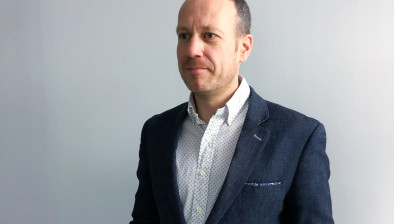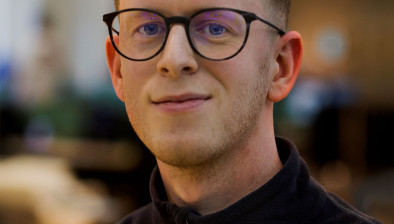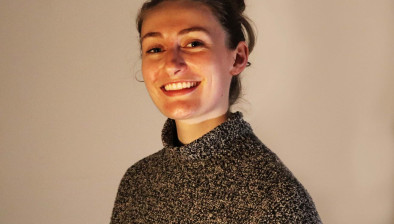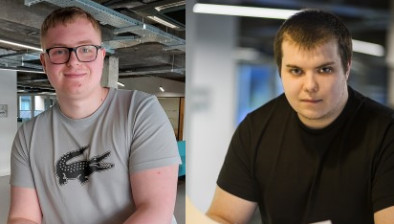Harley Haddow celebrates International Women in Engineering Day
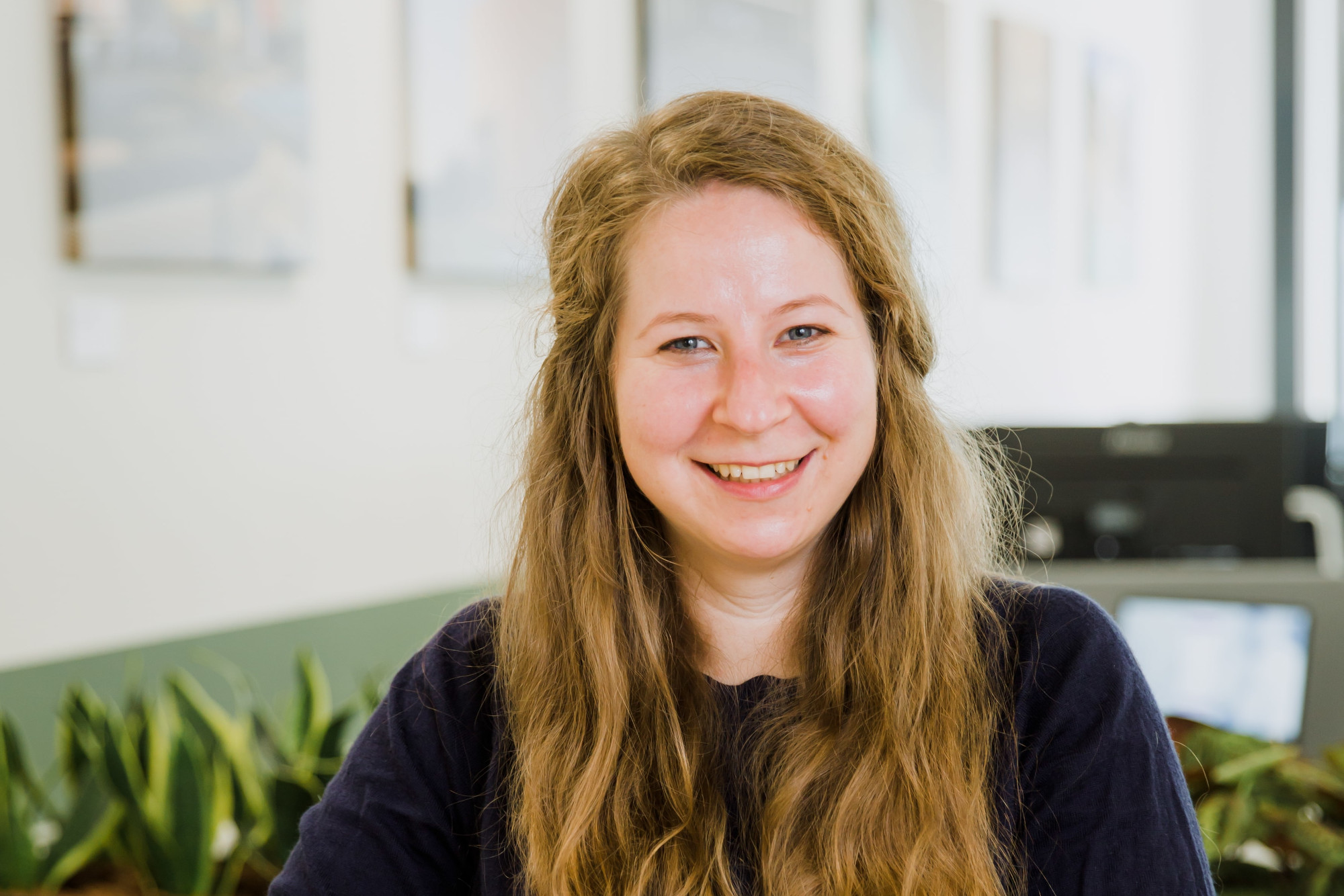
Inna Nair
Harley Haddow has highlighted the work of its female engineers in a bid to dispel misconceptions on International Women in Engineering Day.
Women account for 16.5% of the UK’s engineering industry, and this number has risen over the years. However, the firm said there seems to be a lack of understanding when it comes to what engineers do and how they contribute to the wider picture.
Research by Engineering UK shows that 76% of 11–19-year-olds didn’t know much about what people in engineering actually do.
Inna Nair, principal structural engineer, joined the multi-disciplinary engineering consultancy in 2022 and has always been interested in construction, architecture and building as a child.
She said: “Within the engineering industry, there is a misconception you have to be tough and manly to be able to be an engineer. I think this is highlighted when going on to building sites or working with construction workers which I feel is completely untrue. Often a slight change in dynamic that women bring is appreciated by the entire team, including contractors.
“In my experience, I’ve definitely been confused for a secretary or an assistant and did lack confidence when I was a younger engineer. However, over the years I have built up that confidence to speak up and hope future engineers won’t experience that.
“Whilst there isn’t yet equal representation, over the years there has been more female role models to look up to and it’s been a pleasure seeing more young female engineers join the sector. I have seen many more female engineers join the industry, but it would be great to see more female engineers in upper management roles in years to come.”

Heather Docherty
Heather Docherty, assistant electrical engineer, also joined Harley Haddow last year. Thanks to a love for science, maths, puzzles and problem solving, she was inspired to enter the industry after hearing her grandfather’s stories on working as a welder on the shipyards.
“When most people think about engineering, they think about being on site, building and lifting. When you mention women in engineering, they can think women are doing the same roles men are doing and start to build an assumption that women can’t build, lift and so on,” she said.
“People think it’s just about being on site when actually there are many different types of engineers people haven’t considered or know about.”
Whilst the number of women entering the engineering industry is slowly rising, 46% of parents stated that there was a lack of female engineering role models in media and education.
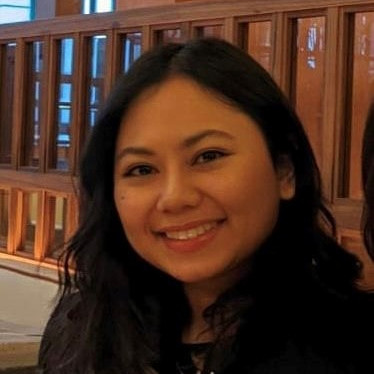
Tika Sudarmaji
Tika Sudarmaji, senior building performance and sustainability engineer, joined Harley Haddow in late 2022. Initially pursuing a career in Architecture, Ms Sudarmaji realised she was more analytically minded as well as creative and stepped into engineering inspired by her family’s connection to the industry.
She said: “I was lucky that engineering runs in my family. My uncles and grandfather were all in construction and they worked as structural engineers and architects.
“I come from Indonesia and studied there until I was sixteen. Unfortunately, there wasn’t much advertisement about engineering.
“We had a 20-persons class setting, which was then divided into business or science. I was the only girl in secondary who went down the science route. Teachers were even surprised when I told them I applied to study architecture.”
Lack of advertising of engineering roles and routes available is an industry wide issue which evidently needs to be addressed. Closing the skills gap is known to be an ongoing problem for the industry, but the education system could do more in giving students a clear route and explaining what engineering can offer in comparison to student’s qualifications.
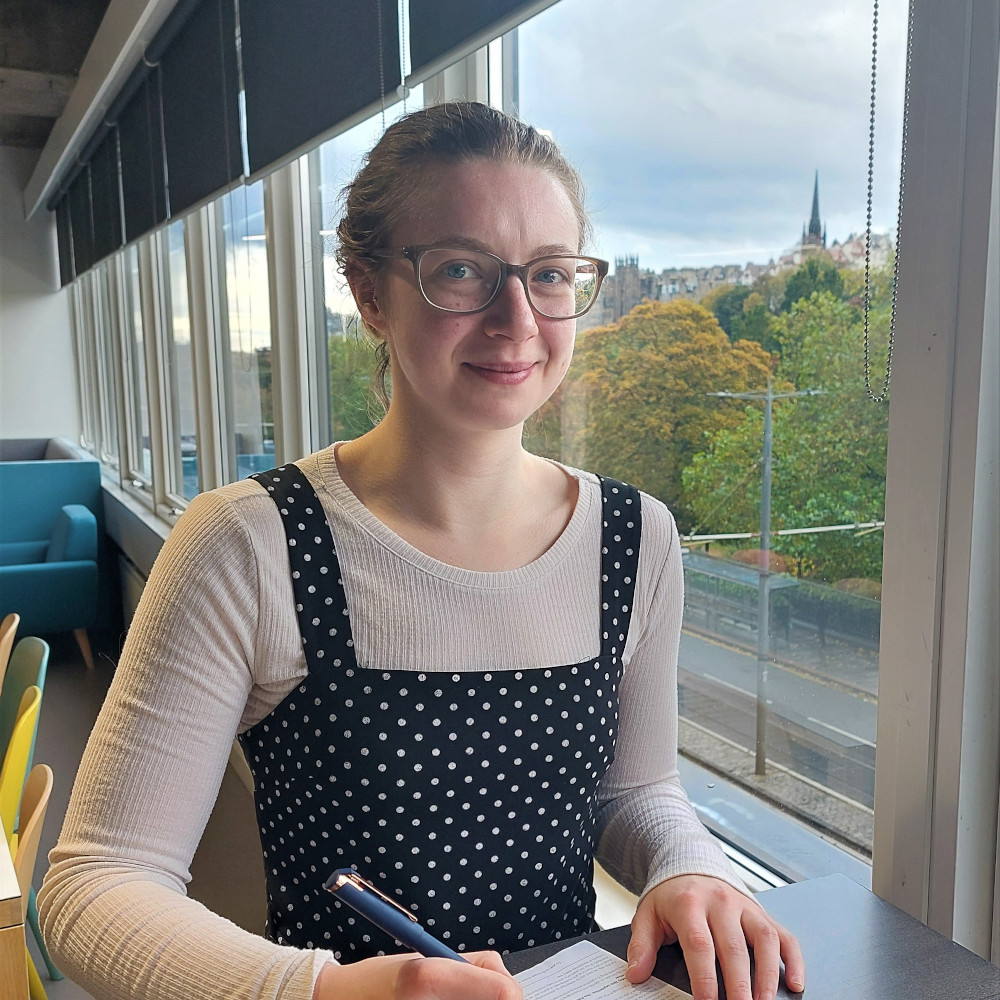
Lauren Johnston
Lauren Johnston, senior mechanical engineer, joined Harley Haddow last year and has been enjoying working on a variety of different projects across different industries. Having not known about the engineering industry until her friend enlightened her, she was supported by her high school, but feels more information should be available earlier.
She said: “I originally wanted to study maths but was put off by string theory. After having found out engineering focuses on applying maths to real-life problems, which was much more suited to my interests, I decided to pursue a career in it.
“My school supported me in following this career path, but I feel it should have been advertised earlier. Luckily, I was able to crash Higher Physics in my final year, if this hadn’t been the case, I would be having many sleepless nights wondering about string theory.”
The engineering industry and those who work within it should provide schools where possible, with first-hand information on the industry from engineering professionals. This could include women within engineering roles, painting a picture of what a future in the profession could look like and asking the real-life questions young people may have.
To retain staff, the industry should make active steps to support their employees where possible and invest in them and their growth. Flexible working patterns should be considered due to the fast- paced nature of the industry, particularly for those with childcare commitments.
Ms Johnston added: “You can’t be what you can’t see. There needs to be more visibility of the women that are currently in engineering roles, and we need more women in senior positions.
“There is a lack of women in positions of influence and power within engineering firms which is resulting in an industry that is slow to change. When younger people enter the industry, it is important they are surrounded by people they can look up to.”
Daniel Ross, associate director at Harley Haddow, said: “It’s crucial for us as an industry to inspire the next generation of both women and men into engineering. At Harley Haddow we are passionate about building the next generation of young engineers and owe it to them to drive awareness of the opportunities available at school age, so they do not miss out on their future potential.”


















